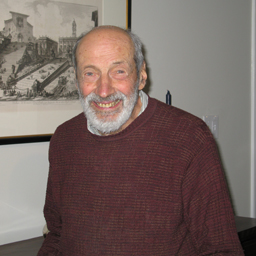President Barack Obama, speaking in Prague, Czech Republic, said in April, 2009, “So today, I state clearly and with conviction America’s commitment to seek the peace and security of a world without nuclear weapons. First, the United States will take concrete steps toward a world without nuclear weapons. To put an end to Cold War thinking, we will reduce the role of nuclear weapons in our national security strategy and urge others to do the same.” (1)
In October of the same year, 2009, President Obama received the Nobel Peace prize, in part for his vision of and work for a world without nuclear weapons. (2)
However, the United States armed forces are now considering nuclear upgrades and modernizations as much as 40 or 50 years into the future, with expenditures of up to one trillion dollars. (1) It is true that Obama has not yet approved these expenditures, but he has not disavowed them either.
A conference will be held in Vienna, Austria, in December on the humanitarian impact of nuclear weapons. (1) President Obama should attend this conference and make clear his continued support for a goal of ridding the world of nuclear weapons. Despite American differences with Russia over the Ukraine, the United States should resume negotiations with Russia for a large mutual reduction of their nuclear arsenals. A deep reduction, coupled with the example it would set for other nations, would go a long way toward achieving President Obama’s goal of a world without nuclear weapons.
Sources:
(1) Democracy Now, Friday, Oct. 24, 2014
(2) Nobel Peace prize























